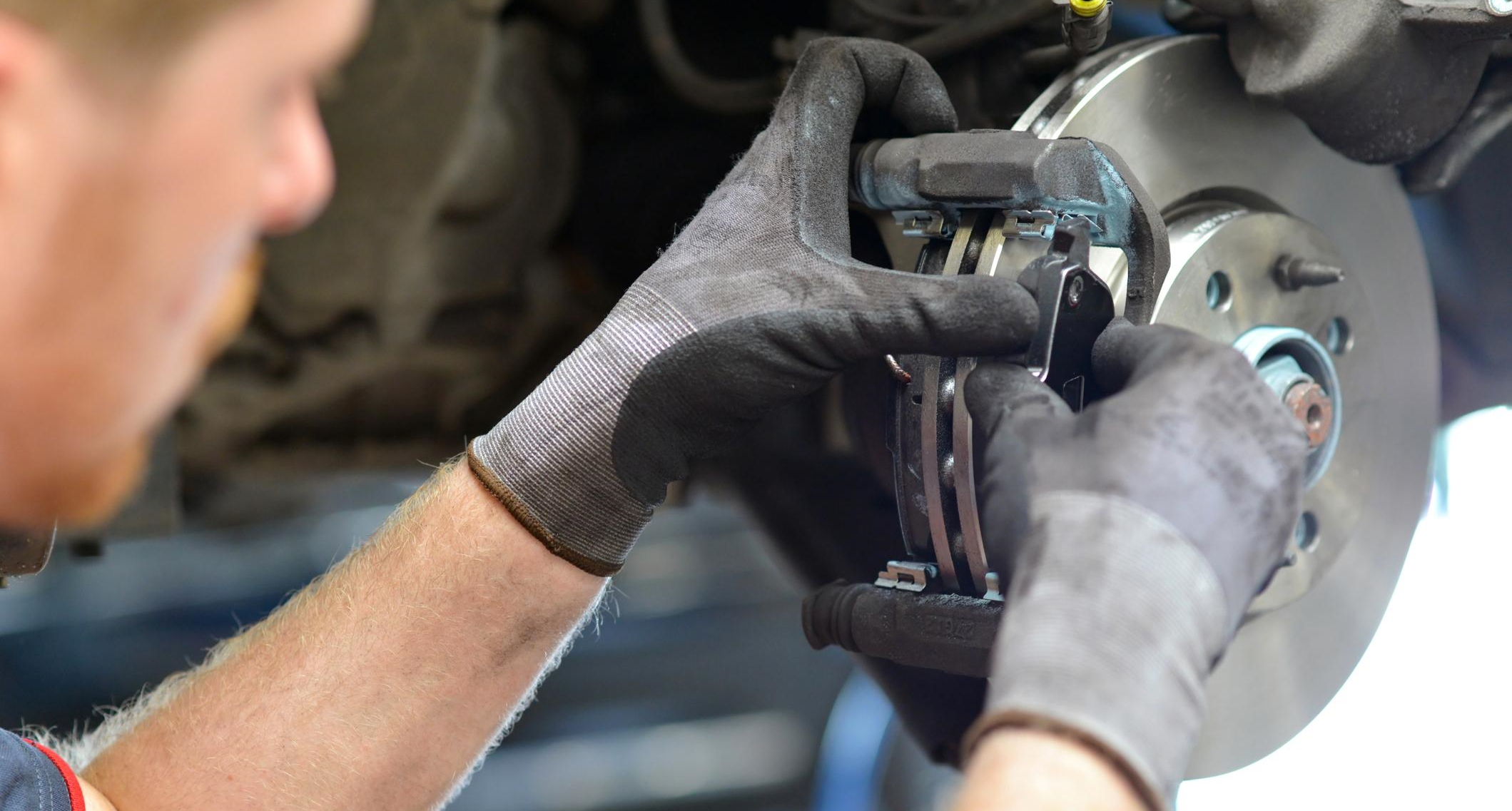What is the main cause of brake fade?
Published on: Wednesday, 05 February 2020 | Author: Bradley Jando
Your car’s brakes are among its most critical systems, ensuring you can control and safely stop the vehicle on the road. Every part of the braking system needs to be in good condition to keep the brakes working well.
If you fail to maintain your car properly, you could face a very scary situation indeed - one where your brakes aren’t able to slow your vehicle fast enough or in which they stop working altogether. One of the main examples of this is a phenomenon known as brake fade, which can happen for a number of reasons.
What is brake fade?
Brake fade is where the brakes on a vehicle suddenly decrease in effectiveness. For example, if you have to make an emergency stop and slam on your brakes, only to find that your brakes don’t slow the vehicle down as quickly as you expected. This reduction in stopping power usually occurs after sustained or repeated application of the brakes, particularly in high speed driving conditions.
If you experience brake fade, you would immediately think there was something wrong with your brakes, pads or fluid. It is absolutely a sensible idea to get your car checked out by a trained technician as soon as possible. But brake fade can have many causes, and can even happen immediately after new brake pads have been installed.
It’s important for all drivers to understand the causes of brake fade and what they can do in terms of driving behaviour or car maintenance to prevent it from happening.
What causes brake fade?
In order to understand brake fade, you’ll first need to know how your braking system works. When you touch the brake pedal, this activates calipers which cause pistons to press the brake pads against the brake rotors. Friction is what slows and stops the wheels. If there is not enough friction, the process of stopping is slowed down or made ineffective.
As you can imagine, a huge amount of heat is generated when brake pads press against spinning rotors. Brake fade tends to happen when the generated heat doesn’t have time to dissipate, such as when you repeatedly or continuously apply the brakes when driving fast. This excessive buildup of heat causes brakes to become less responsive.
However, brake fade can also happen for another reason. When you replace the brake pads in your car, you may experience brake fade at first until the friction materials have time to embed into the rotor face. This is what is known as ‘bedding in’ your brake pads.
Brake fade also happens when your car’s brake fluid overheats and actually starts to boil. This again is caused by excessive heat buildup from friction at high speeds. Boiling brake fluid can turn into steam, reducing the stopping power of your brakes and making the pedal feel ‘spongy’ or soft.
Lastly, worn brake pads can cause a loss of braking effectiveness. When the resin in your brake pads starts to degrade, it releases a gas which forms a film between the pads and rotors. This reduces the quality of surface contact, so your brakes can’t generate the friction they need.
When does brake fade typically occur?
While all of the above are causes of brake fade, there are certain situations where it is more likely to happen. For example:
- Aggressive driving - involving fast starts, quick stops and forceful braking.
- Driving down long, winding hills - where the driver uses the brakes for a long period of time.
- ;High performance driving - involving high speeds around a race track (unless the car is specially designed for racing).
How can brake fade be avoided
The good news is that there are many things you can do to lower your risk of experiencing brake fade while driving. Here are some essential tips to remember:
- Use your gears to slow down on hills, rather than just your brakes. If you can downshift gears to slow your vehicle when travelling downhill, you’ll be using your brakes much less. This reduces the risk of overheating.
- Drive slowly and carefully, anticipating the road ahead. Aggressive, overly fast driving is a common cause of brake fade. If you’re going too fast, you’re going to have to brake more often and more sharply.
- Get your brake pads checked regularly. It’s not a good idea to drive on overly worn brake pads, so you should keep a close eye on them. Also, pay attention to how your brakes feel when you press the brake pedal. If there’s any softness, or any unusual noises coming from your brakes, make an appointment with your local technician.
- Take the time to properly bed in new brake pads. If you’ve just had your brake pads changed, ask the garage for advice on how to bed them in. This usually involves gentle braking and driving in a more defensive manner, until the friction materials are transferred to the rotor.




